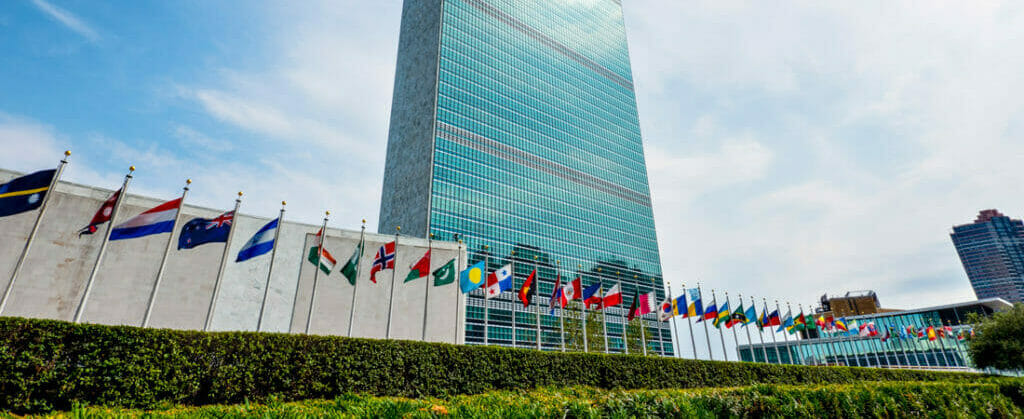Humanity’s venture into outer space has brought extraordinary benefits to our economic and social development. However, this progress also poses serious challenges to international security as military competition extends beyond Earth's atmosphere. The militarization of outer space threatens the foundation of modern civilization in many ways. The deployment of counterspace weapons and anti-satellite (ASAT) testing could severely damage satellite systems essential for telecommunications, GPS navigation, financial transactions, and disaster early warning systems. Collision of space infrastructure generates vast amounts of space debris and fragments in orbit, creating extremely high cleanup costs and posing significant long-term threats to future space exploration facilities. Moreover, the potential deployment of nuclear weapons or other weapons of mass destruction in outer space poses an unprecedented security threat to global stability.Prevention of an arms race in outer space (PAROS) has therefore become one of the most pressing challenges of the 21st century.
The international community has pursued a wide range of diplomatic and legal initiatives to establish a robust governance framework for outer space. The foundational 1967 Outer Space Treaty established key principles such as the prohibition of weapons of mass destruction (WMDs) in orbit and mandating the peaceful use of outer space. The Committee on the Peaceful Uses of Outer Space (COPUOS) and the Conference on Disarmament (CD) serve as important multilateral venues for ongoing disarmament negotiations. The First Committee of the UN General Assembly plays a crucial role in PAROS by providing political guidance and establishing comprehensive frameworks for future negotiations. Between 2010 and 2022, UNGA resolutions 65/68, 72/250, and 77/250 mandated successive Groups of Governmental Experts (GGEs) to examine substantial elements of potential legally binding instruments on PAROS. Beginning in 2021, resolutions 76/231, 78/20, and 78/238 established three Open-Ended Working Groups (OEWGs) to explore norms, rules, and principles of responsible behaviors to reduce threats in space. In 2024, pursuant to the GA Resolution 79/512, these efforts were merged into a new OEWG to advance discussions on both legally binding instruments and non-legally binding measures.
Despite these efforts, fundamental disagreements persist over key definitional challenges, scope of state obligations, and verification mechanisms. The dual-use nature of space technologies complicates efforts to distinguish between peaceful and military applications and verify treaty compliance. The tension between transparency and national sovereignty continues to undermine states’ willingness to share sensitive information or curb military capabilities, especially amid the deteriorating geopolitical climate and evolving space threats across multiple vectors.
Looking ahead, GA1’s key priorities include developing common understandings on fundamental definitions, elaborating sophisticated verification methodologies tailored for dual-use space systems, strengthening transparency and confidence-building measures (TCBM), and ensuring meaningful engagement of all stakeholders including developing nations and private sector actors. Ultimately, safeguarding outer space as a peaceful domain requires recognizing space security as a shared global responsibility that transcends national boundaries, demanding unprecedented international cooperation to preserve the peaceful exploration and use of outer space for generations to come.


